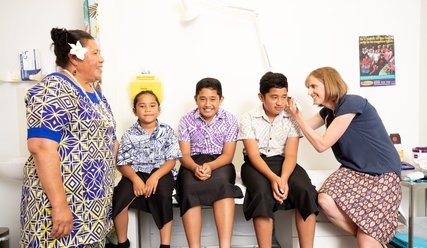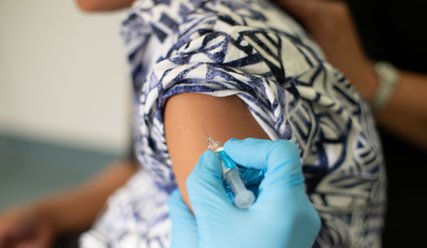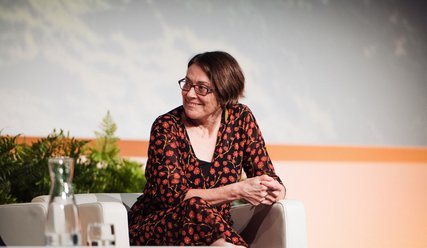Achieving Equity – working towards better outcomes for Māori patients
Pegasus Health clinical facilitators and pharmacists Aynsley Macleod and Loren Vincent presented The Equity Challenge during GP22: the Conference for General Practice, and challenged attendees to ask what steps they could take toward embedding equitable processes in their practices.
There really is no simple answer but Aynsley and Loren offered a clear explanation of equity and some straightforward steps to achieving it.
“Addressing health inequity requires action at individual, regional, and national levels,” says Loren.
“We need to understand the difference between equality and equity. Treating everyone the same results in unfair and unjust outcomes.” Loren used the analogy of a pair of shoes; free shoes are on offer for everyone, but they are all size six high heels, for some, they are the perfect fit and ideal for their favourite pastimes, but for many, the shoes don’t fit and they’re not appropriate for their own activities. Offering a ‘one size fits all’ service means that many patients do not receive the treatment that is best suited to their needs.
Aynsley says that we need to shift our thinking from reducing inequity to achieving equity.
“The key step towards creating equity is to genuinely consider the patient’s perspective. As clinicians, we need to understand what they see their needs as. If we don’t understand their priorities for themselves, how can we start addressing them?”
“If we don’t understand the negative experience of loss of identity and self for a particular group – acknowledging it means we can be part of solving the problem.”
Director of Hauora Māori and Equity, Irihāpeti Mahuika, says that one of the key obstacles for the sector is feeling stuck in ‘freeze mode’ around things cultural. “Everyone wants to do the right thing and they might feel overloaded with conflicting advice from all directions. They don’t want to offend anyone or feel that they are being tokenistic.”
“People need to go on a personal journey of understanding. Be open to learning and understanding our histories, why we’re in the space that we’re in. We need to really understand what creating culturally safe environments means.”
“This time is the most opportune time that we’ve ever lived in as a country – a time where we can have an unapologetic focus on Māori. We need to get through the space of being uncomfortable about that. We can have more honest conversations than we’ve had before. We’re not fully there but this is the best time.”


